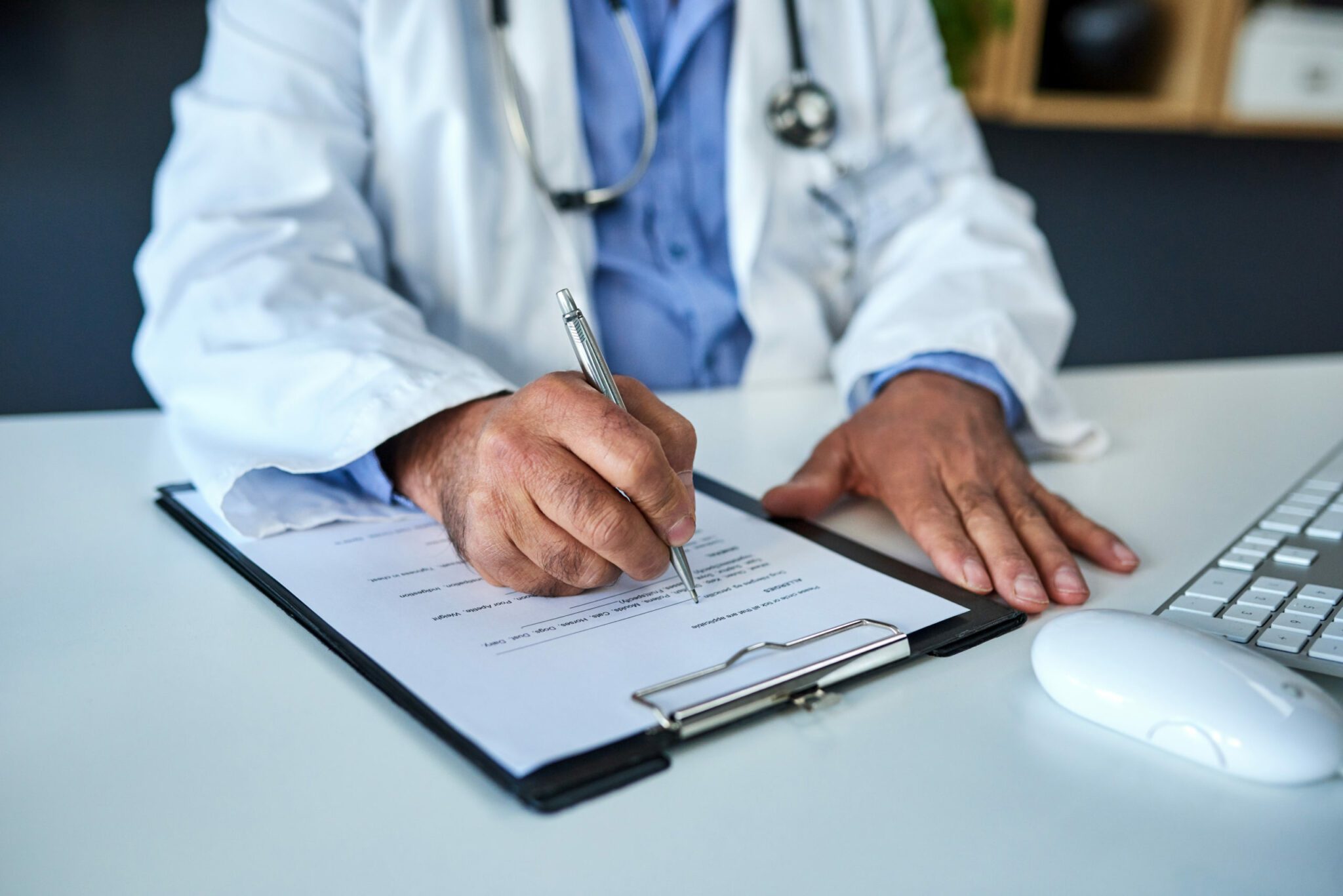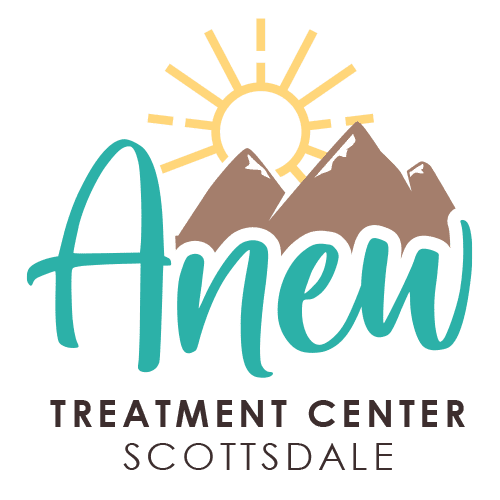Anxiety and Depression Medications
What are the effects of anxiety and depression medications? Learn about anxiety and depression medication, side effects and relevant treatment options.

The Connection Between Anxiety and Depression
Anxiety and depression are characterized by extreme feelings of tension, stress, and nervousness. Depression is characterized by a pervasive sense of hopelessness coupled with a general loss of interest in activities you used to enjoy.

Can I Have Anxiety and Depression at the Same Time?
These feelings can get so intense that they interfere with daily life. In many cases, anxiety and depression stem from stressful situations or traumatic events in a person's life—such as losing a job or going through a divorce—making it difficult to cope with day-to-day activities. However, some people experience anxiety or depression without any identifiable cause.
Does Anxiety Medication Help with Depression?
If you are experiencing symptoms of anxiety or depression, it is essential to speak with a doctor about treatment options. Several medications can effectively reduce your feelings of stress, nervousness, or fearfulness. Additionally, numerous forms of therapy have been proven effective for managing anxiety or depression.
Everyone has bad days now and then, but if you're feeling anxious or depressed, you might want to talk to your doctor about finding the proper medications to help manage your symptoms. The good news is that there are several types of medications available that can be helpful with anxiety and depression, which don't all have the same side effects.
Types of Anxiety and Depression Medications
Many different types of medications are used to treat anxiety disorders. Your doctor may prescribe one or a combination of these drugs, depending on your symptoms. The most common classes of drugs include Antidepressants, such as SSRIs (selective serotonin reuptake inhibitors) and SNRIs (serotonin-norepinephrine reuptake inhibitors). Benzodiazepines, such as alprazolam (Xanax), clonazepam (Klonopin), diazepam (Valium), lorazepam (Ativan), and others.1
Other Medications
Medications are a standard treatment for anxiety disorders, but not for everyone. Some people find that medications help them manage their symptoms, while others don't notice much improvement. If you decide to take medication, it's important to work with your doctor to determine which drug is suitable. It can take trial and error before finding one that works well without causing unwanted side effects. Factors that go into finding the right antidepressant include your symptoms, possible side effects, working with a close relative, interactions with other medications, and any other potential medical history.2
Anxiety and Depression Medications Side Effects
It's important to note that medications are usually very safe when taken as prescribed by a physician. However, all medications have side effects, including unwanted ones. When it comes to anxiety or depression medication, discuss any possible side effects with your doctor before taking any of these drugs.
Common Side Effects
Constipation, insomnia, nausea, vomiting, fatigue, restlessness, and dry mouth are among the most common side effects of antidepressant medications.3 A less common but potentially more severe side effect is serotonin syndrome. This occurs when two antidepressants interact with each other in your body. It can be dangerous. Before adding any new medication to your regimen, always let your doctor know what you're taking. Your doctor will also likely want to monitor you for any changes or reactions after starting a new medication.
SSRI, SNRI, Benzodiazepines, Tricyclic, and MAOIs have similar side effects. If you're taking one of these medications for anxiety or depression, let your doctor know if you experience any of these symptoms: drowsiness, dizziness, restlessness, or nausea. Your doctor may need to adjust your dosage to help minimize any unwanted side effects.
Other Treatment Options for Anxiety and Depression
Because other medical conditions can cause depression or anxiety, it's important to see a doctor if you have symptoms affecting your daily life for more than a few weeks. A doctor will help determine whether you have depression or anxiety and recommend treatment options based on your individual needs.
Cognitive Behavioral Therapy (CBT)
One of the most common forms of therapy for anxiety or depression is cognitive-behavioral therapy. Through cognitive restructuring, patients learn to identify situations that make them feel anxious or depressed. The therapist then teaches patients how to change their reactions to those situations through behavioral methods like stress management techniques. Cognitive-behavioral therapy helps you identify unhealthy thought patterns that may contribute to your depression or anxiety, such as always thinking negative thoughts about yourself or others, then teaches you how to change those thoughts.
Psychotherapy
Another commonly used therapy is psychotherapy, which focuses on treating disorders using psychological methods. Treatments besides medications include psychotherapy, cognitive behavioral therapy, and other lifestyle changes. These can be helpful for people with mild to moderate depression or anxiety. Psychotherapy involves meeting with a therapist regularly to talk about your symptoms and ways to cope with them.
Lifestyle Changes and Support Groups
Other treatments include lifestyle changes, such as eating well, getting regular exercise, and improving your sleep habits. You may also benefit from joining a support group where you can meet with others experiencing similar issues.
Treatment for Anxiety and Depression at Anew Treatment Center

Anew Treatment Center offers inpatient drug rehab programs for adult men and women who have been diagnosed with anxiety, depression, bipolar disorder, or schizophrenia. Many drugs may be prescribed to help control symptoms of these disorders: anti-anxiety medications like Valium or Xanax; antidepressants like Zoloft or Prozac; stimulants like Ritalin, Concerta, Adderall; mood stabilizers; etc.
What to Expect
Talk to your doctor or psychiatrist about what type of medication is right for you, how they work, how they're administered, what possible side effects exist, etc. Don't be afraid to ask questions if you don't understand—the answers are there to help you! The key is finding a medication that works well for you while controlling symptoms as effectively as possible.
Call us Today
While medications help, it isn't always the answer. Anew Treatment Center provides other treatment options like cognitive behavioral therapy, talk therapy, and support groups. It's important to understand that medication is only one part of your treatment plan—it should be combined with other forms of care to achieve optimal results.
If you or a loved one are suffering from anxiety and depression, give us a call today for more information about our treatment programs. Our admissions specialists can answer your questions and get you started on your road to recovery.
Learn More About Our Treamtment Programs
Our team is ready to discuss your treatment options with you. Your call is confidential with no obligation is required.


